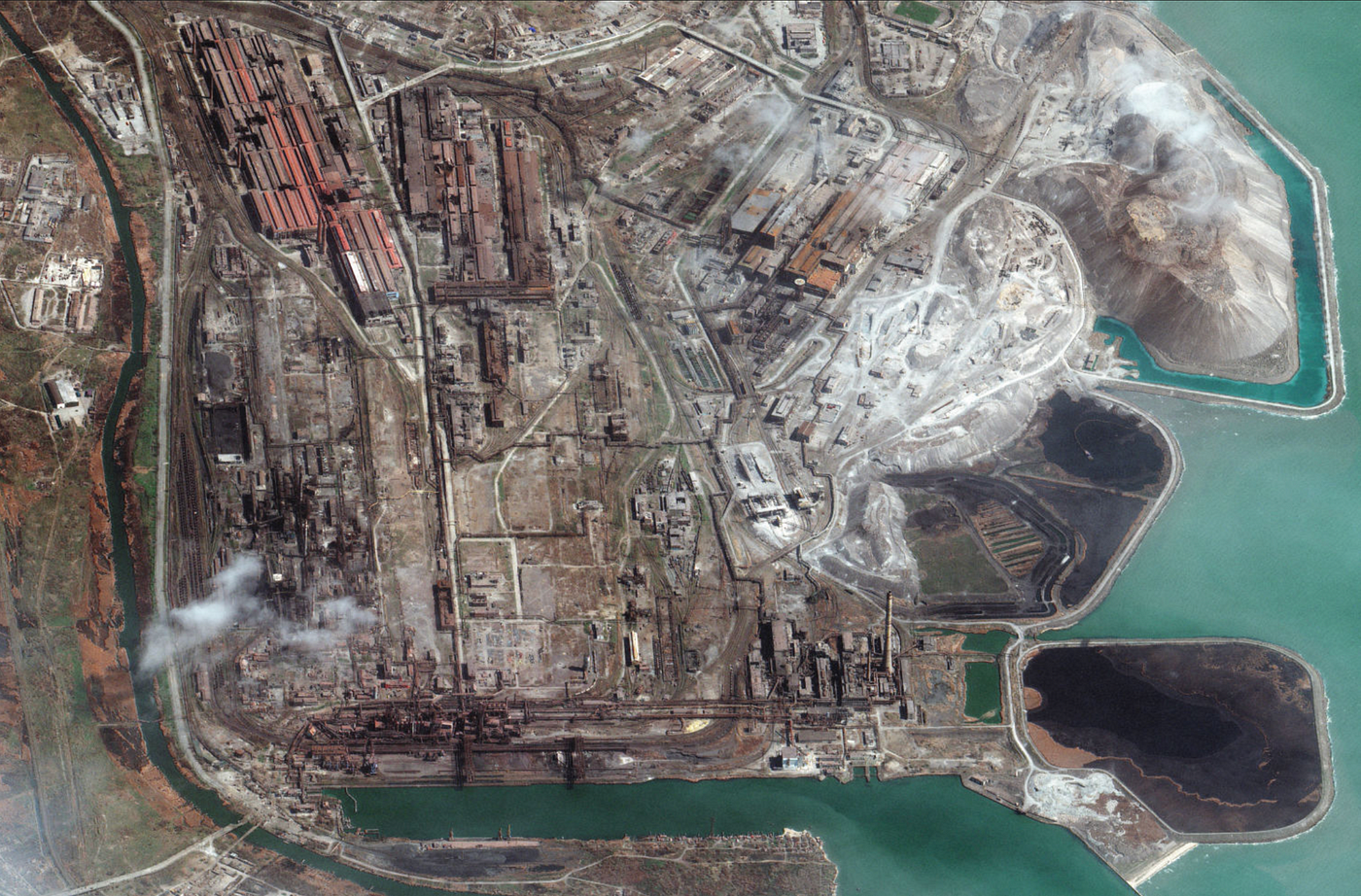As Europe grapples with myriad challenges — ranging from economic strains to climate change — the war in Ukraine introduces a sinister, often overlooked dimension to the continent’s trials.

Beyond the immediate human tragedy and geopolitical upheaval, the conflict has ushered in environmental catastrophes with far-reaching implications, particularly for countries like Belgium, deeply invested in green transitions and ecological preservation.
A War Against Nature
The environmental toll of the ongoing conflict in Eastern Europe cannot be overstated. The war’s ecological footprint is profound, from the degradation of vast swathes of natural habitat to the release of toxic substances. Explosive ordnance, such as TNT and RDX, inflicts chemical pollution upon the environment, inducing acute and long-term detrimental effects on human health, including cancer and organ failure. Notably, upon detonation, the BM-21 Grad missile system releases significant amounts of sulfur, which then converts into sulfurous acid, devastating the soil and water quality in the impacted areas .
During the first 12 months of the war, an estimated 21.9 million tons of carbon dioxide equivalents (tCO2e) were released due to war-related activities, and an additional 17.7 million tCO2e were released from war-related fires.
According to EcoZagroza, as of 18 July 2023, there have been 2 450 reports (2 317 verified) of military actions with a direct environmental effect.
Before the conflict, the industrial heartland of Eastern Ukraine was already wrestling with pollution from heavy industries. The war has exacerbated these challenges, leading to potential ecological catastrophes. Bombings and shelling have damaged industrial sites, leading to hazardous materials leaking into the air, water, and soils. Targeting energy infrastructure, chemical labs, and oil refineries has heightened the risk of “domino effect” disasters, with one event triggering another, leading to widespread environmental damage.

The Global Ripple Effects
Beyond the immediate vicinity of the conflict, the war poses significant threats to global food security and environmental health. Ukraine, often dubbed the “breadbasket of Europe,” plays a crucial role in global grain markets. Disruptions caused by the conflict have led to increased food prices worldwide, further straining economies still recovering from the COVID-19 pandemic. Additionally, the war has led to a spike in energy prices and a reevaluation of Europe’s dependency on Russian fossil fuels, further complicating the continent’s green transition efforts.
Open-source tracking and monitoring of environmental health risks of targeting industrial sites
Belgium’s Role in a Wider Struggle
For Belgium, where 54% of its population prioritizes climate change and environmental degradation as critical issues, the war underscores the interconnectedness of environmental sustainability and geopolitical stability. The conflict’s ecological impacts — ranging from increased carbon emissions to the potential for nuclear accidents at facilities like Zaporizhzhia and Chornobyl — highlight the urgency of addressing these challenges holistically.
The environmental degradation in Ukraine, particularly in the Donbas region, has led to polluted rivers, damaged ecosystems, and increased risks of radioactive contamination. The flooding of coal mines, abandonment of industrial sites, and widespread environmental pollution are stark reminders of the conflict’s capacity to exacerbate ecological crises.

Towards a Unified Response
The European Union, with Belgium at its heart, faces a critical juncture. The war in Ukraine is not just a distant geopolitical conflict; it is a direct assault on the values and priorities that define the European project, including the commitment to environmental protection and sustainability. The ecological devastation wrought by the conflict serves as a clarion call for a unified, robust response that addresses the immediate needs of those affected by the war and the broader environmental challenges facing the continent.
To safeguard the future, Europe must intensify its efforts to support Ukraine’s struggle against aggression, recognizing that the fight for territorial integrity and democratic sovereignty is intrinsically linked to the broader battle against climate change and environmental degradation. It is time for decisive action, not just for the sake of current generations but for the well-being of those yet to come.
The war in Ukraine and its environmental consequences remind us that our destinies are intertwined, urging a concerted effort to combat ecological crises and uphold the values of freedom, dignity, and justice on which the European Union is built.

